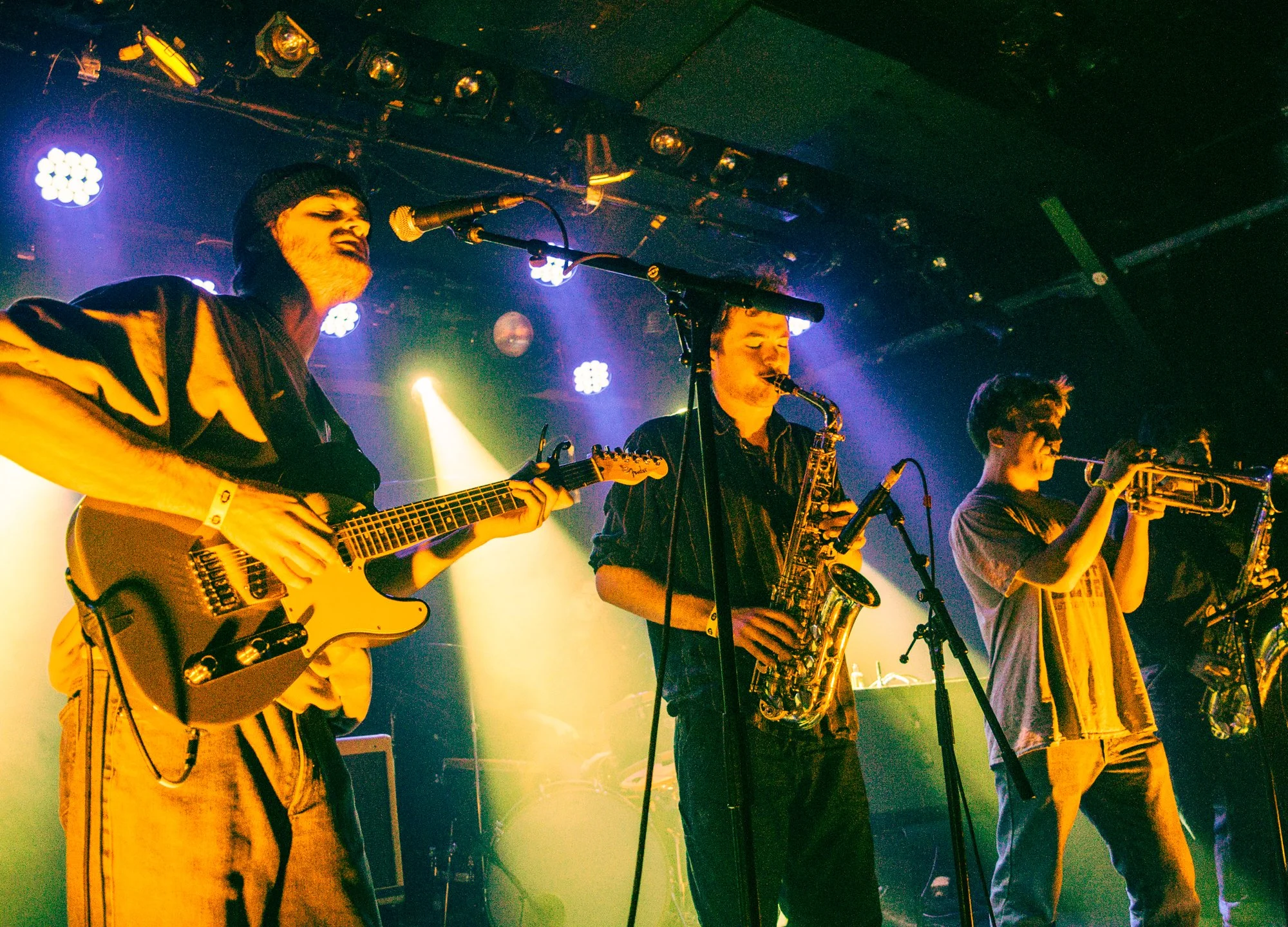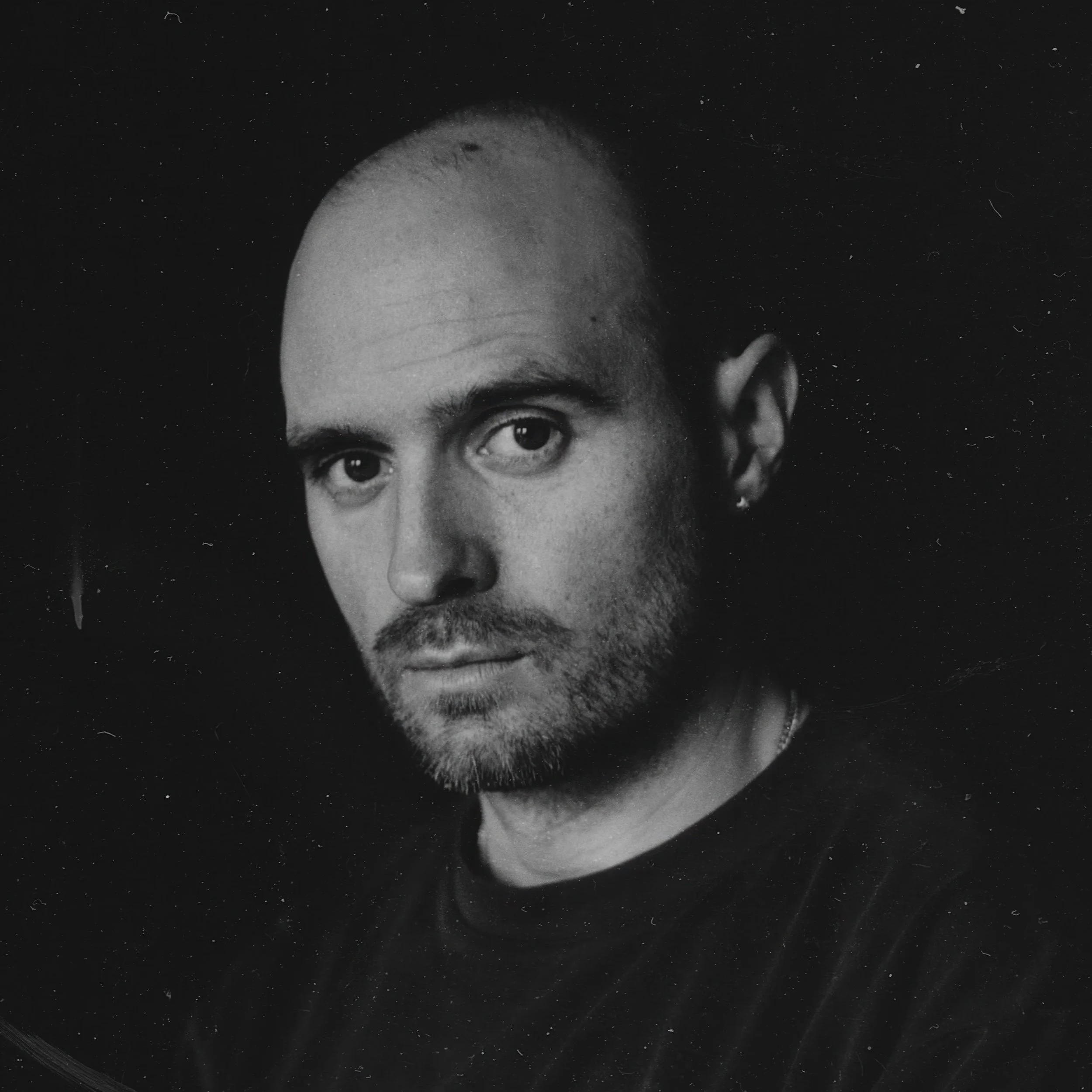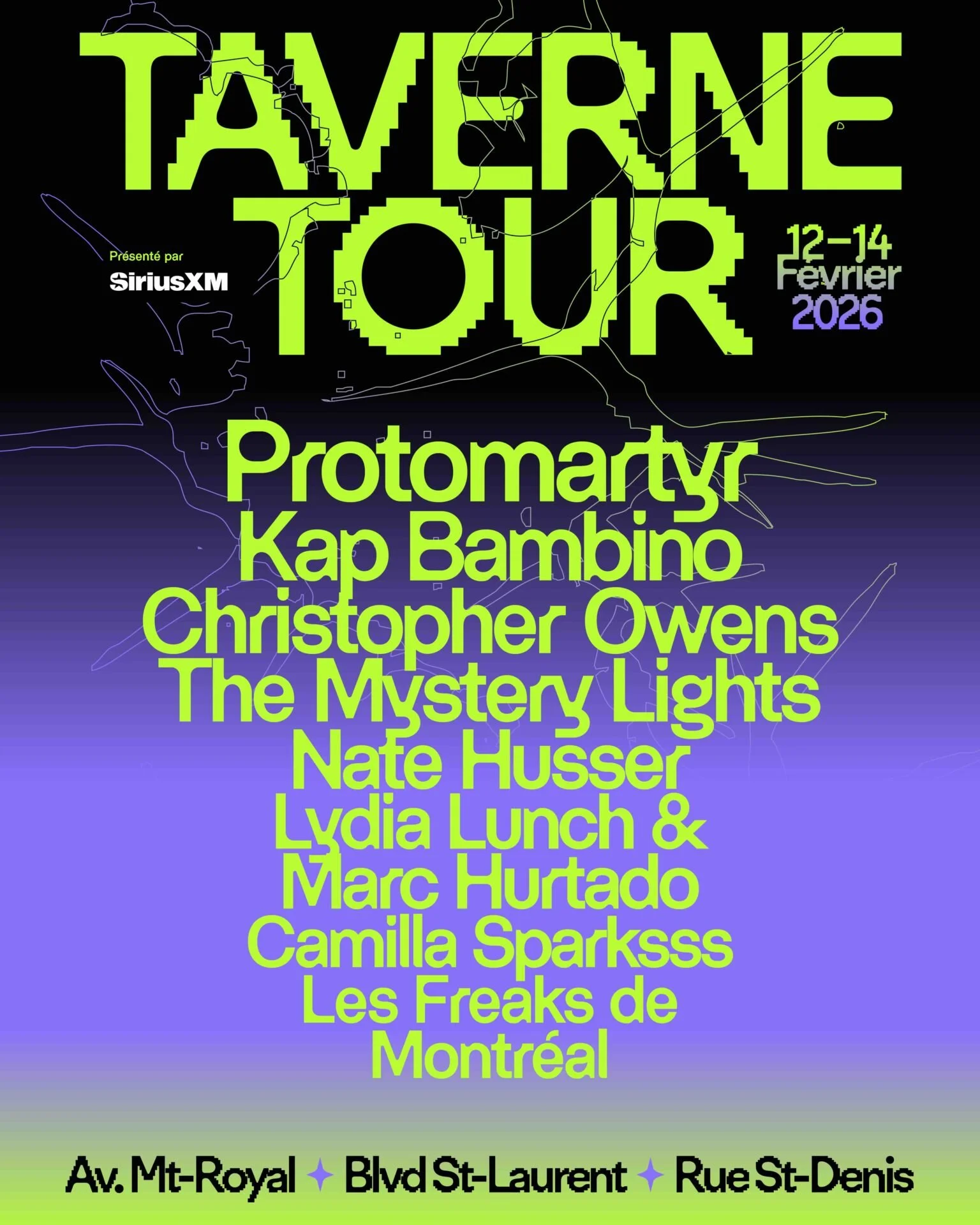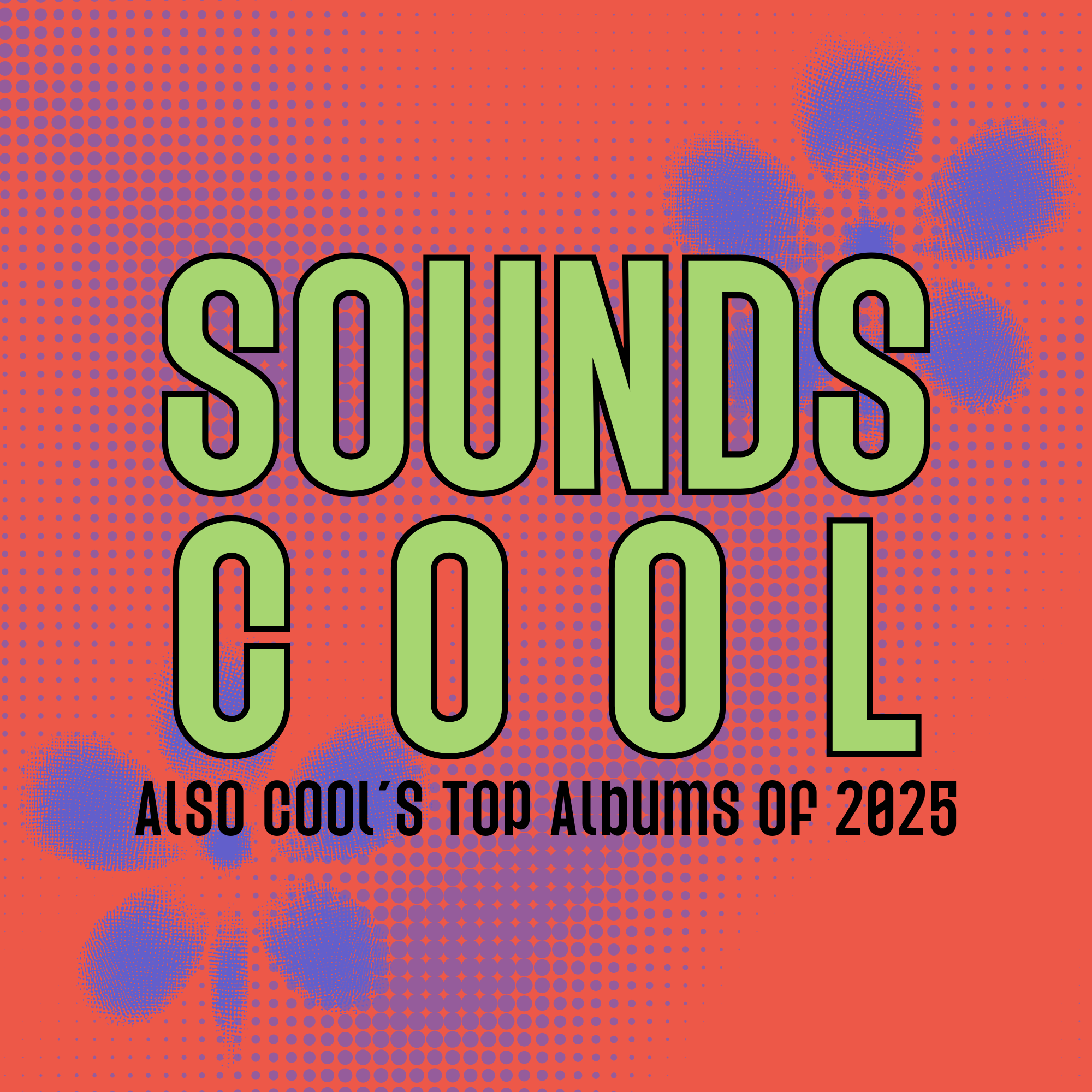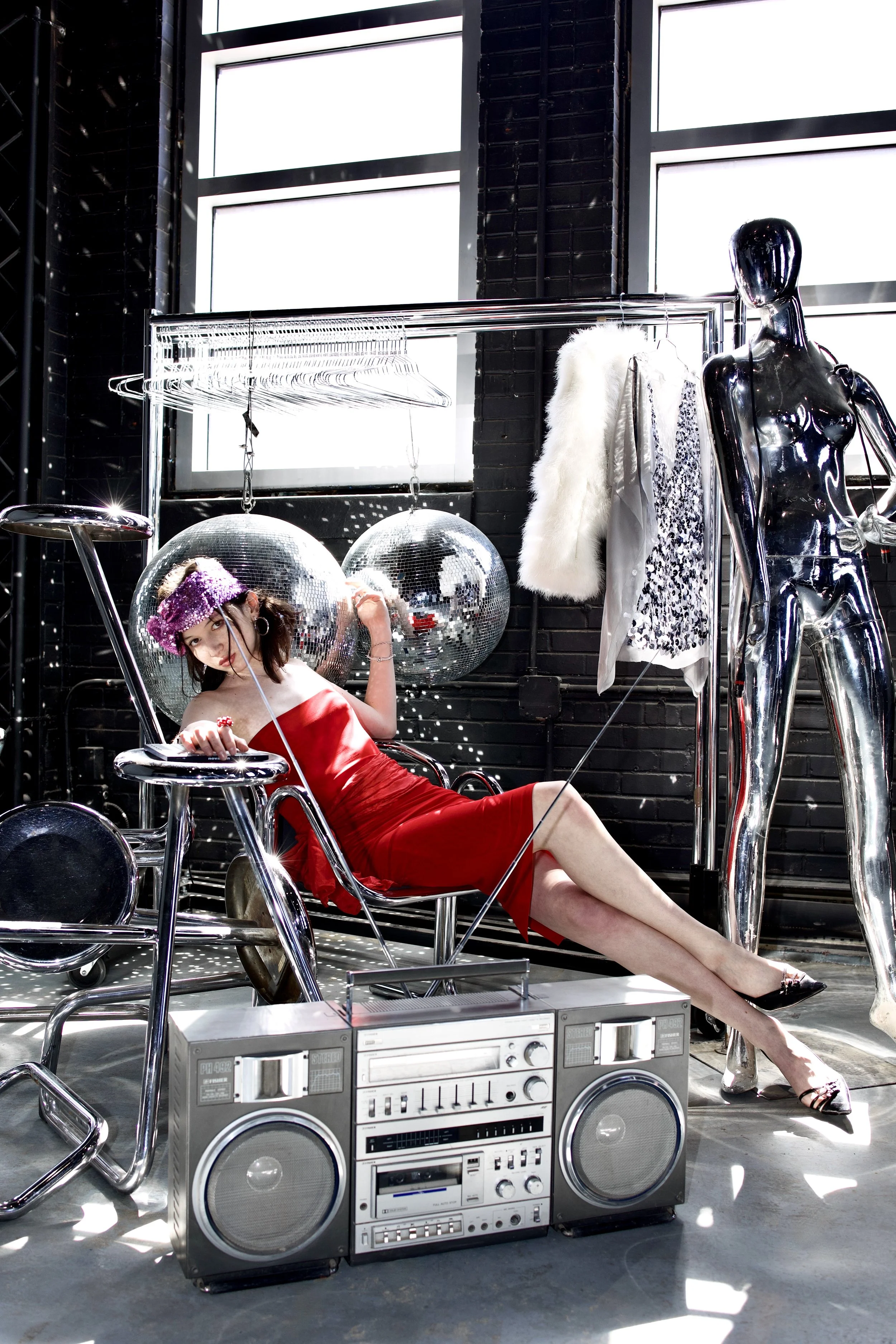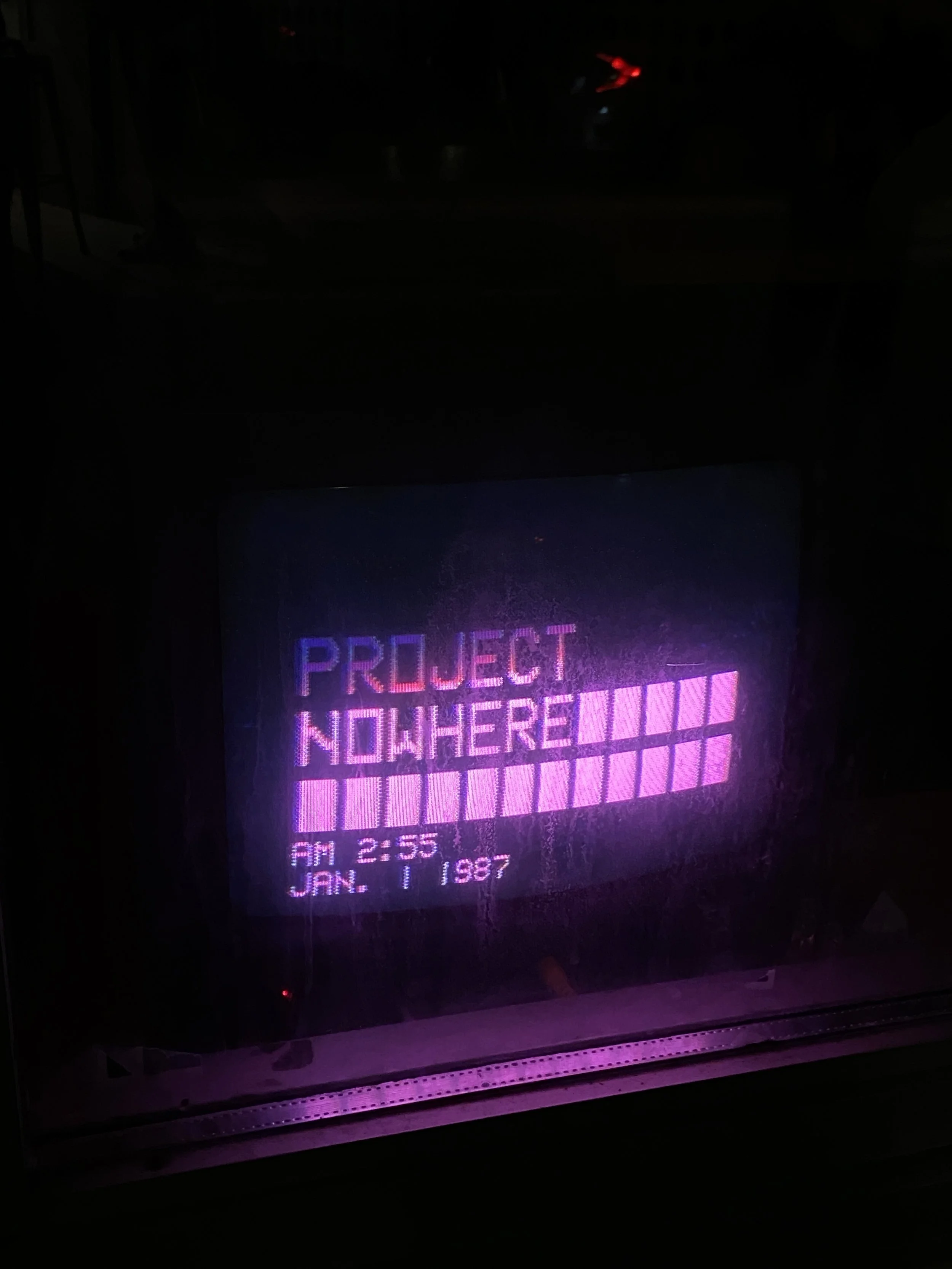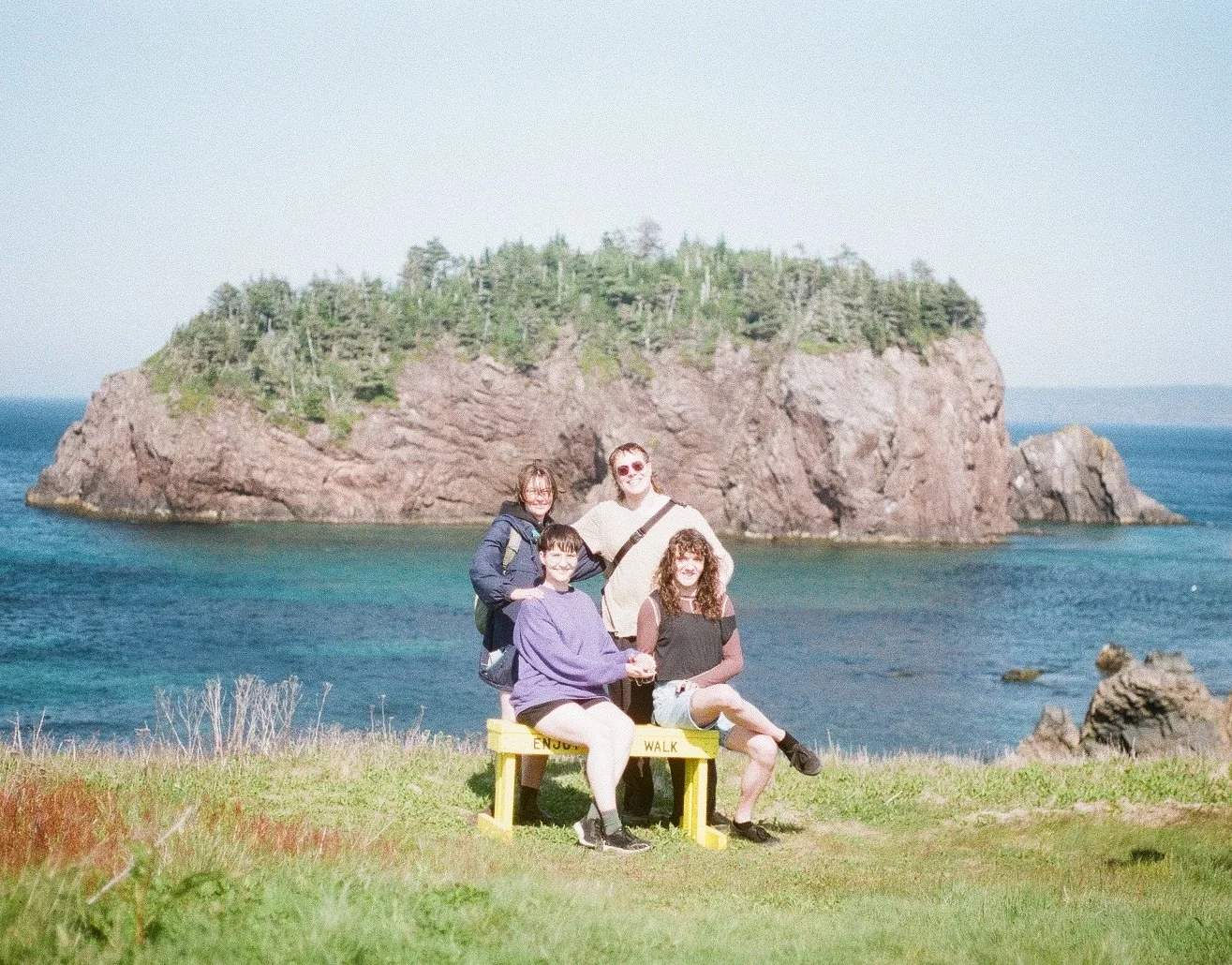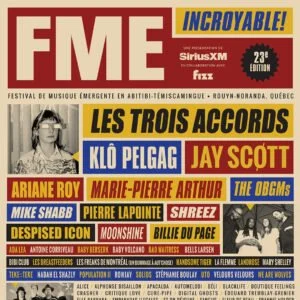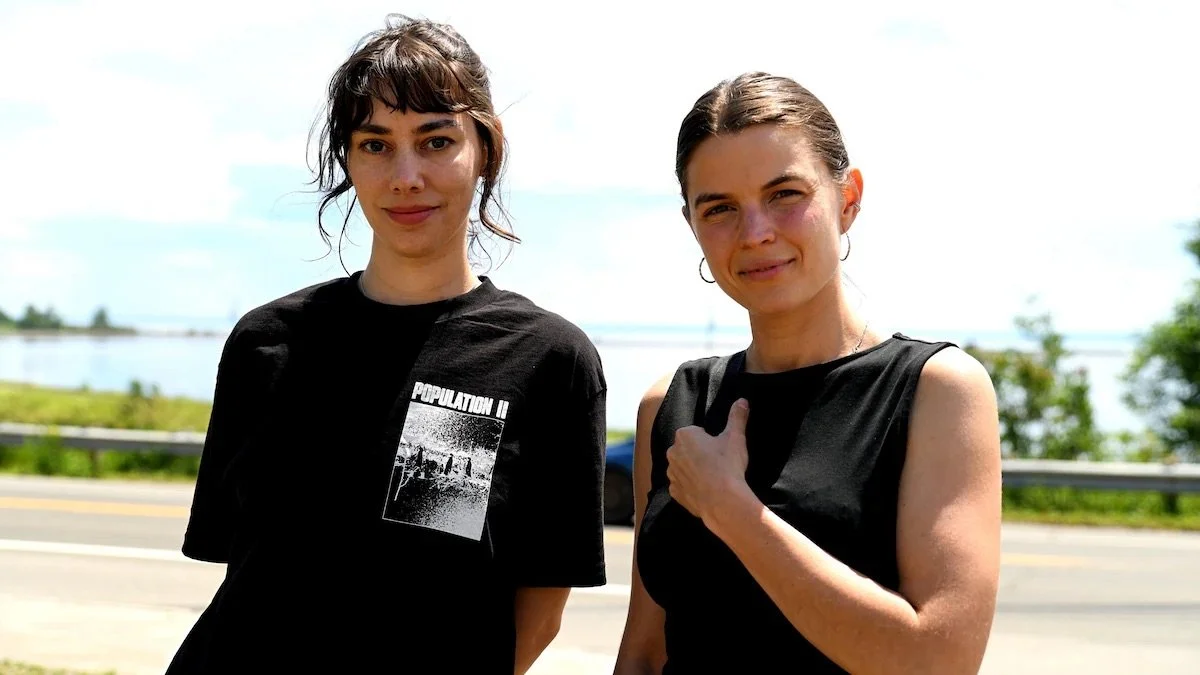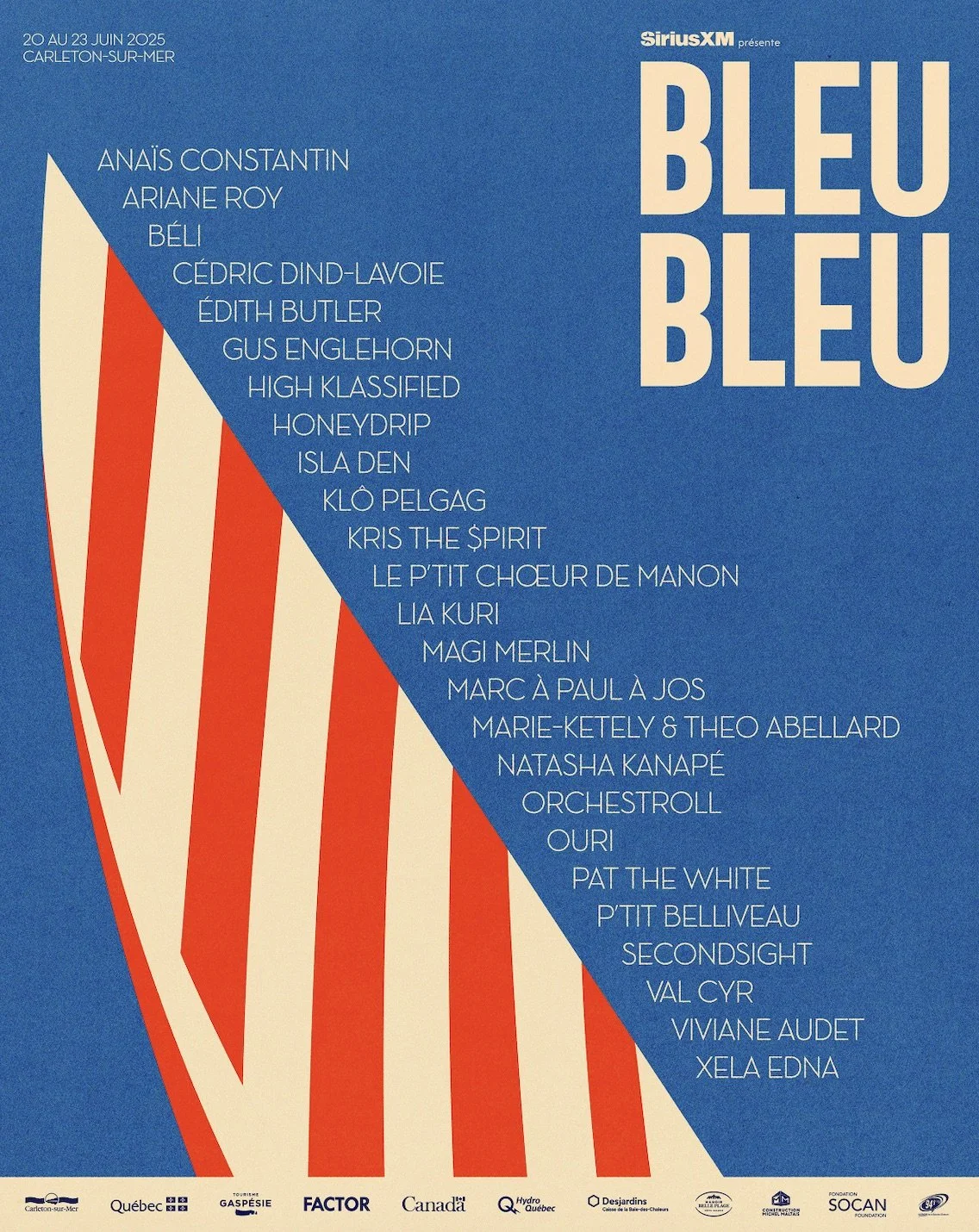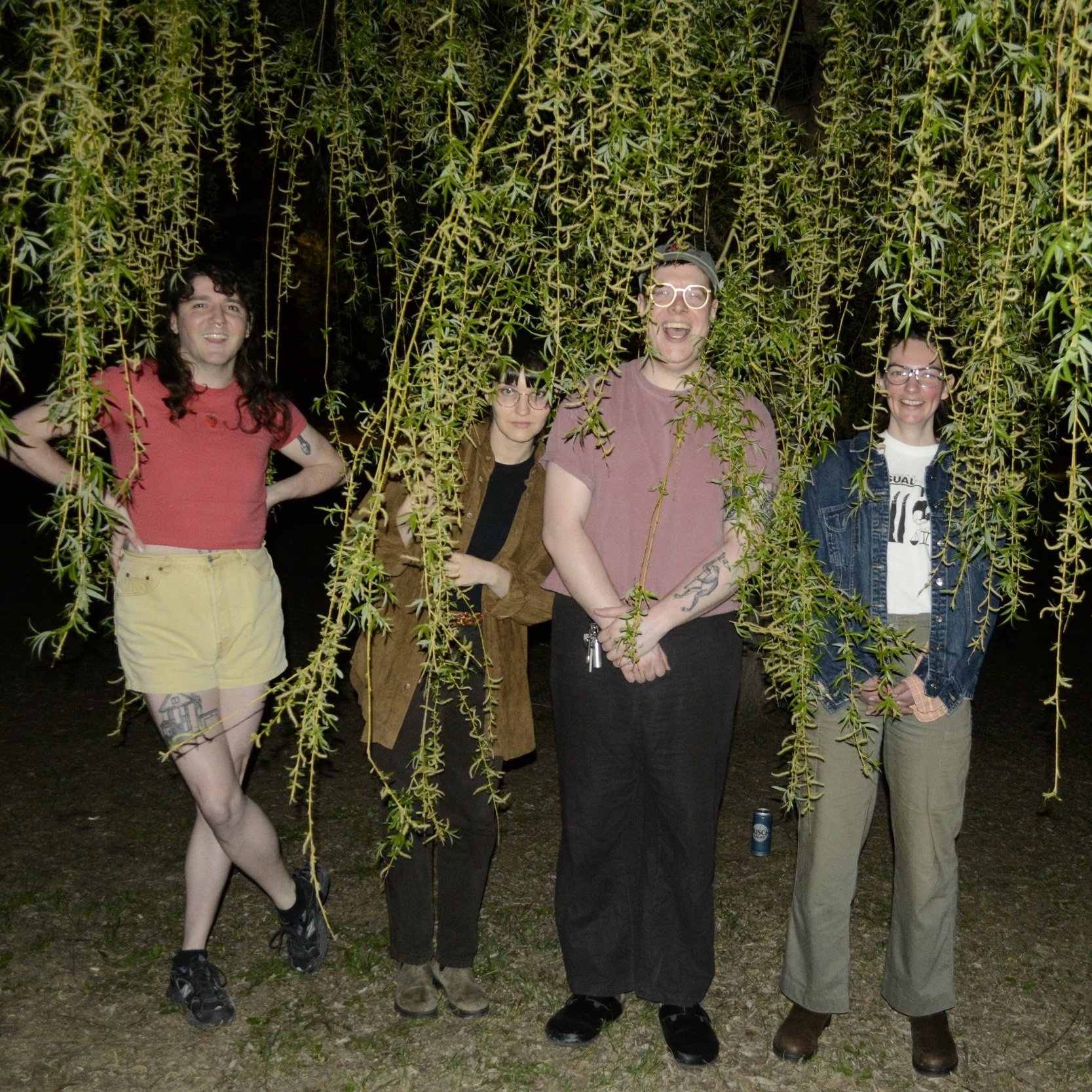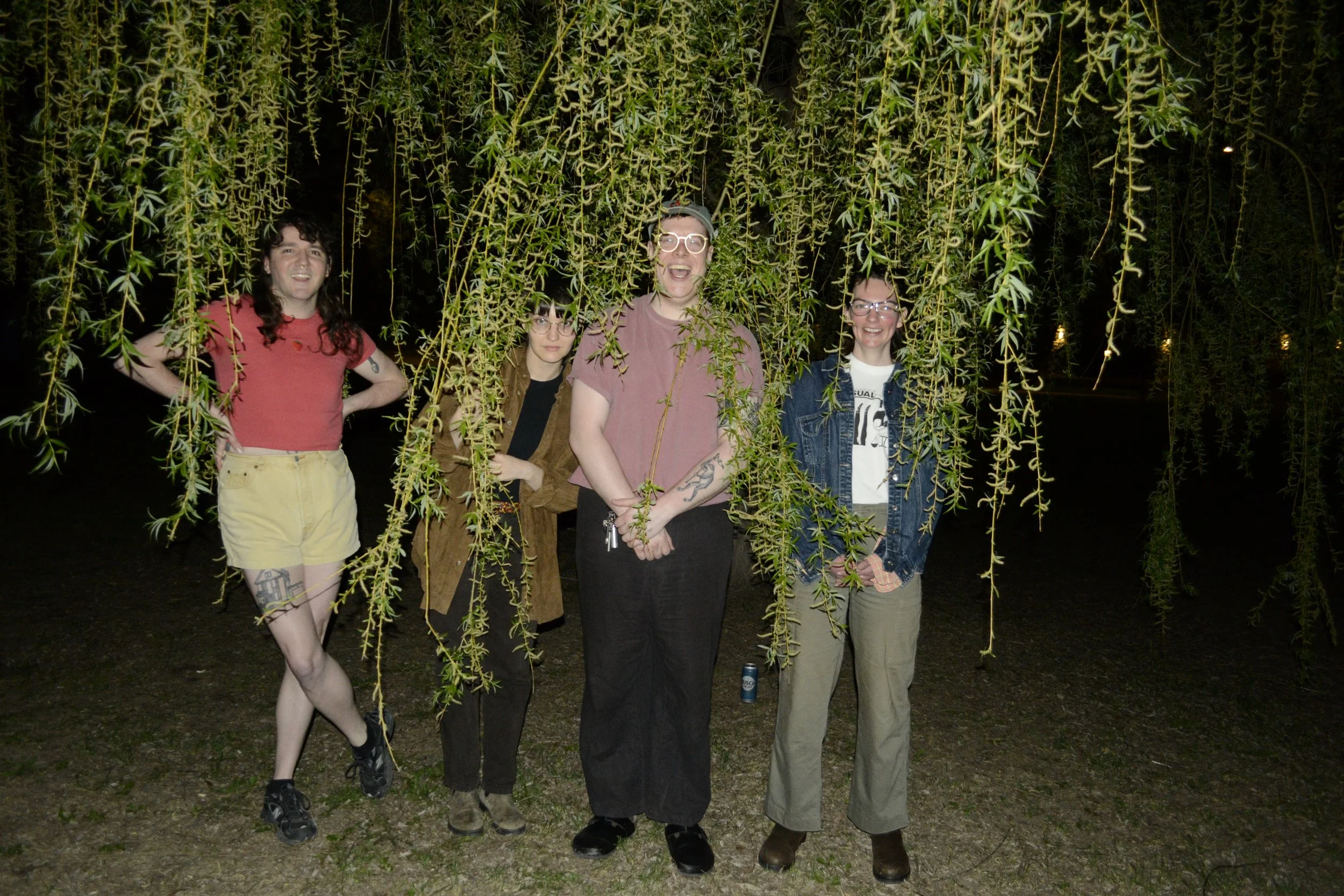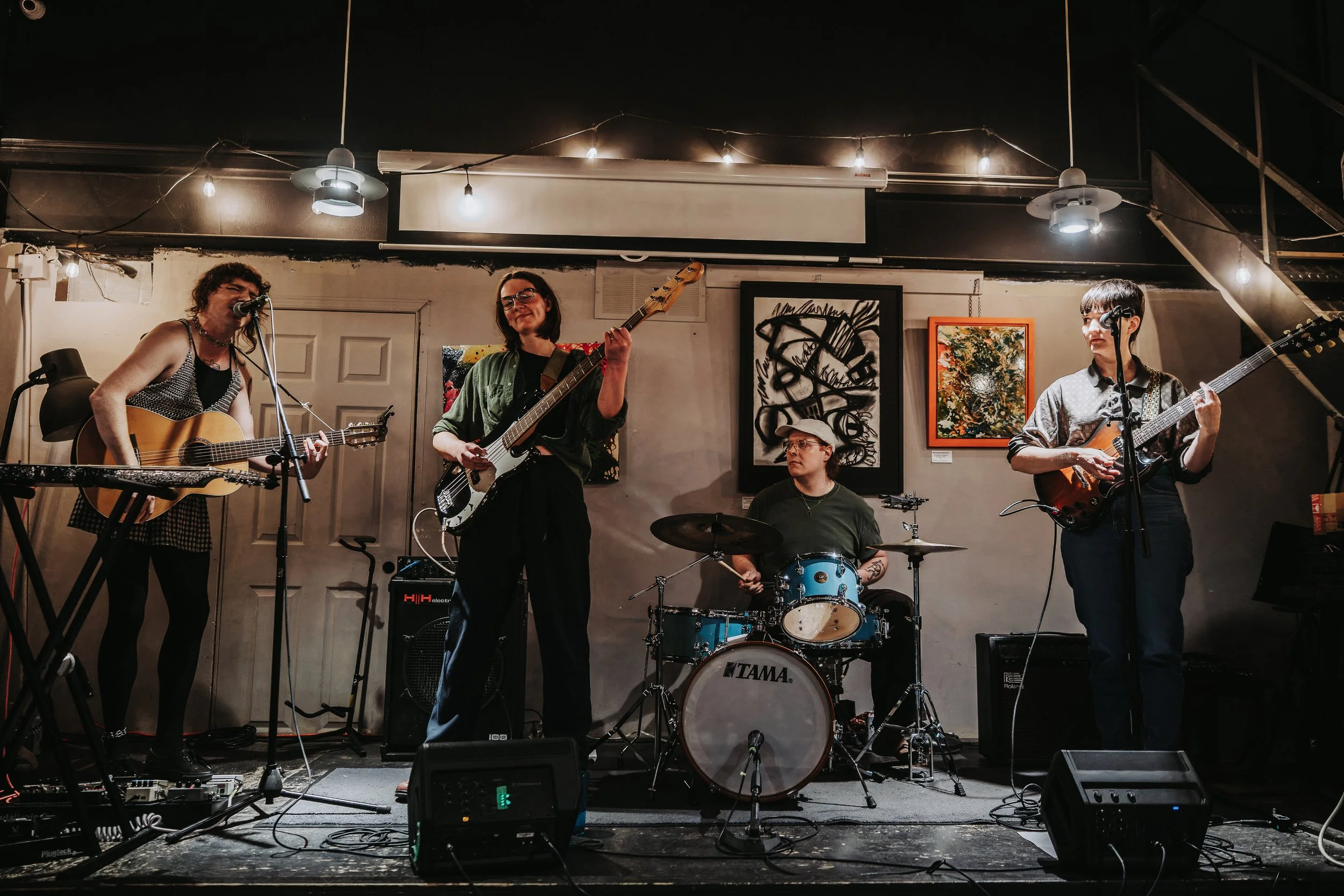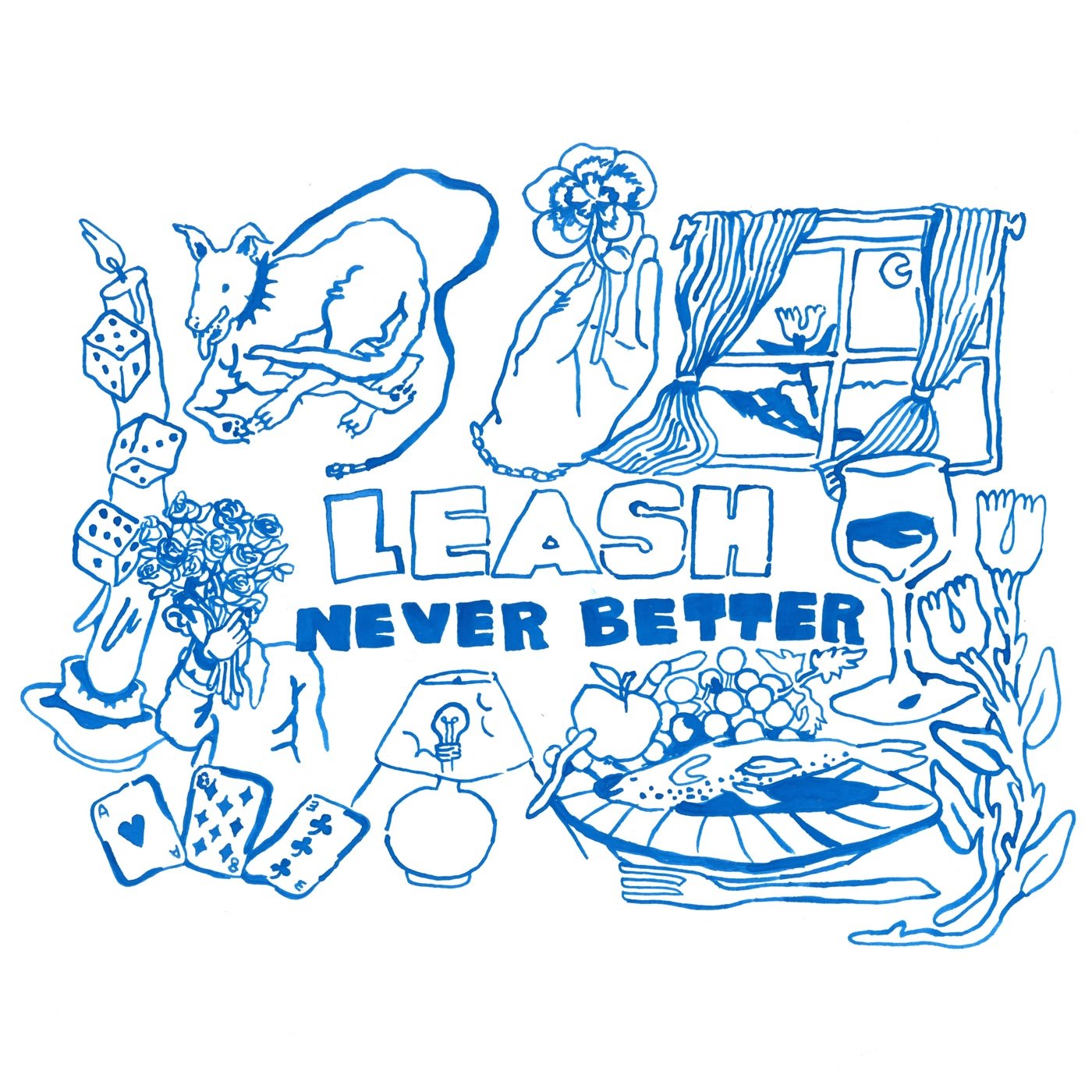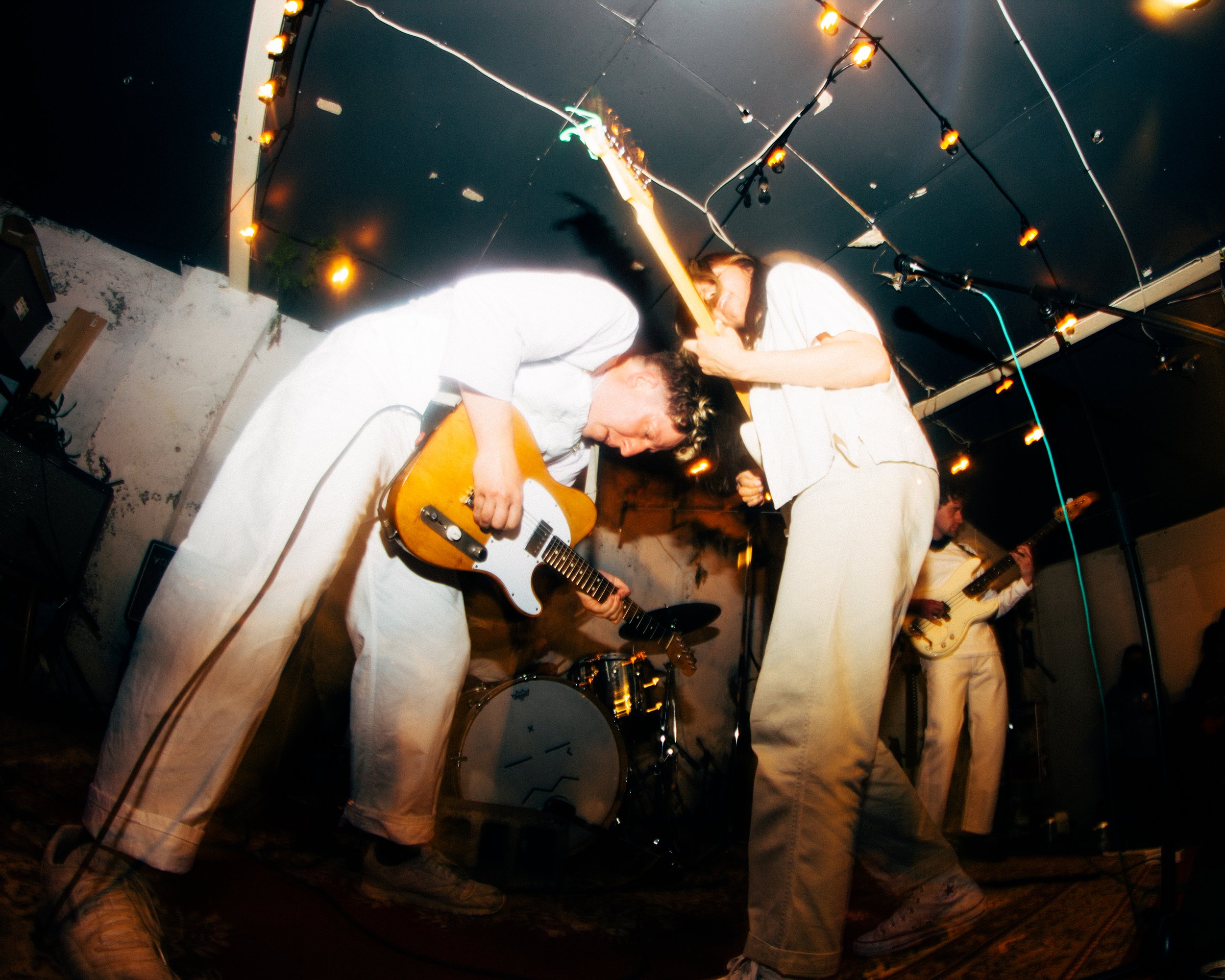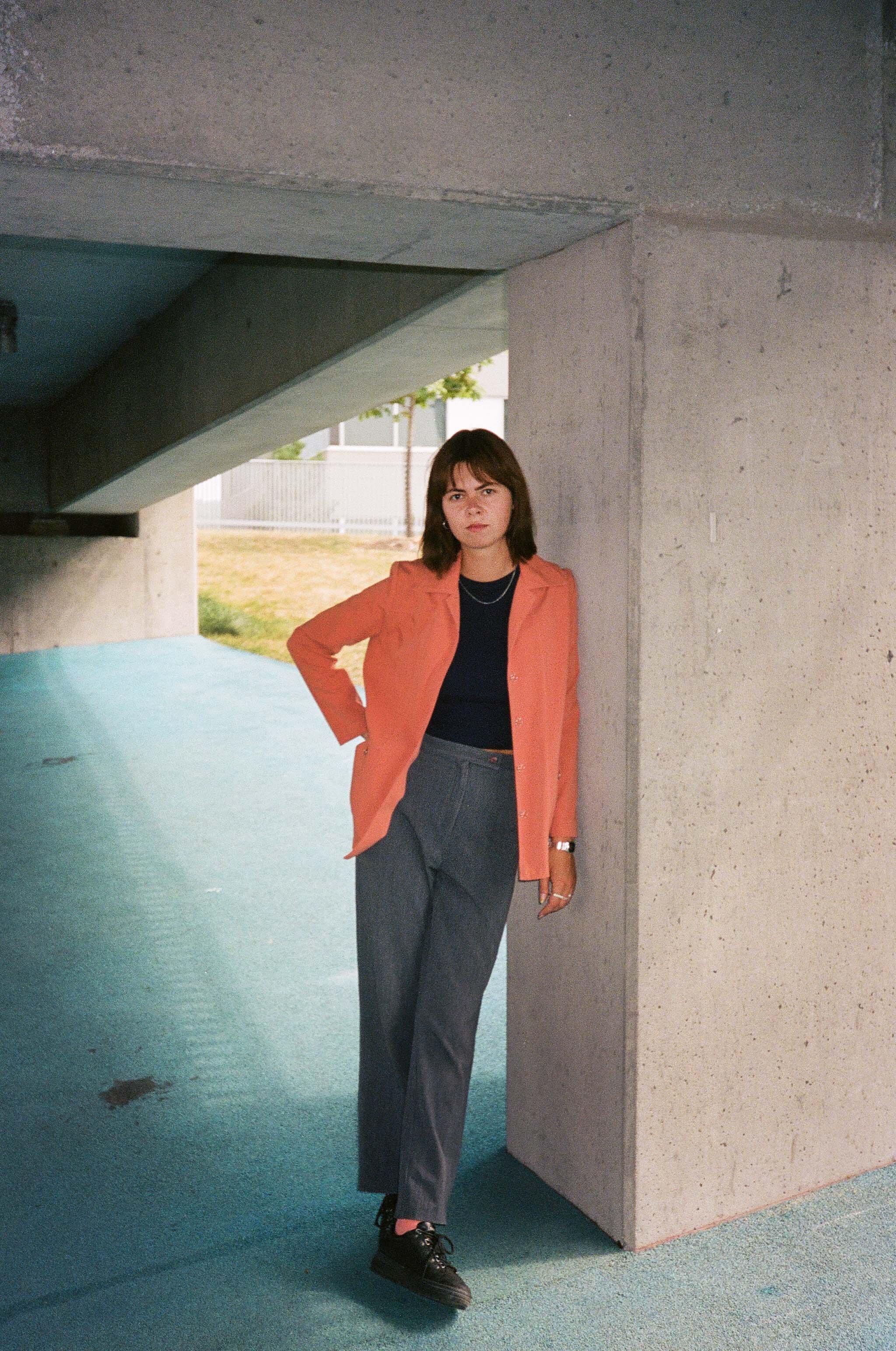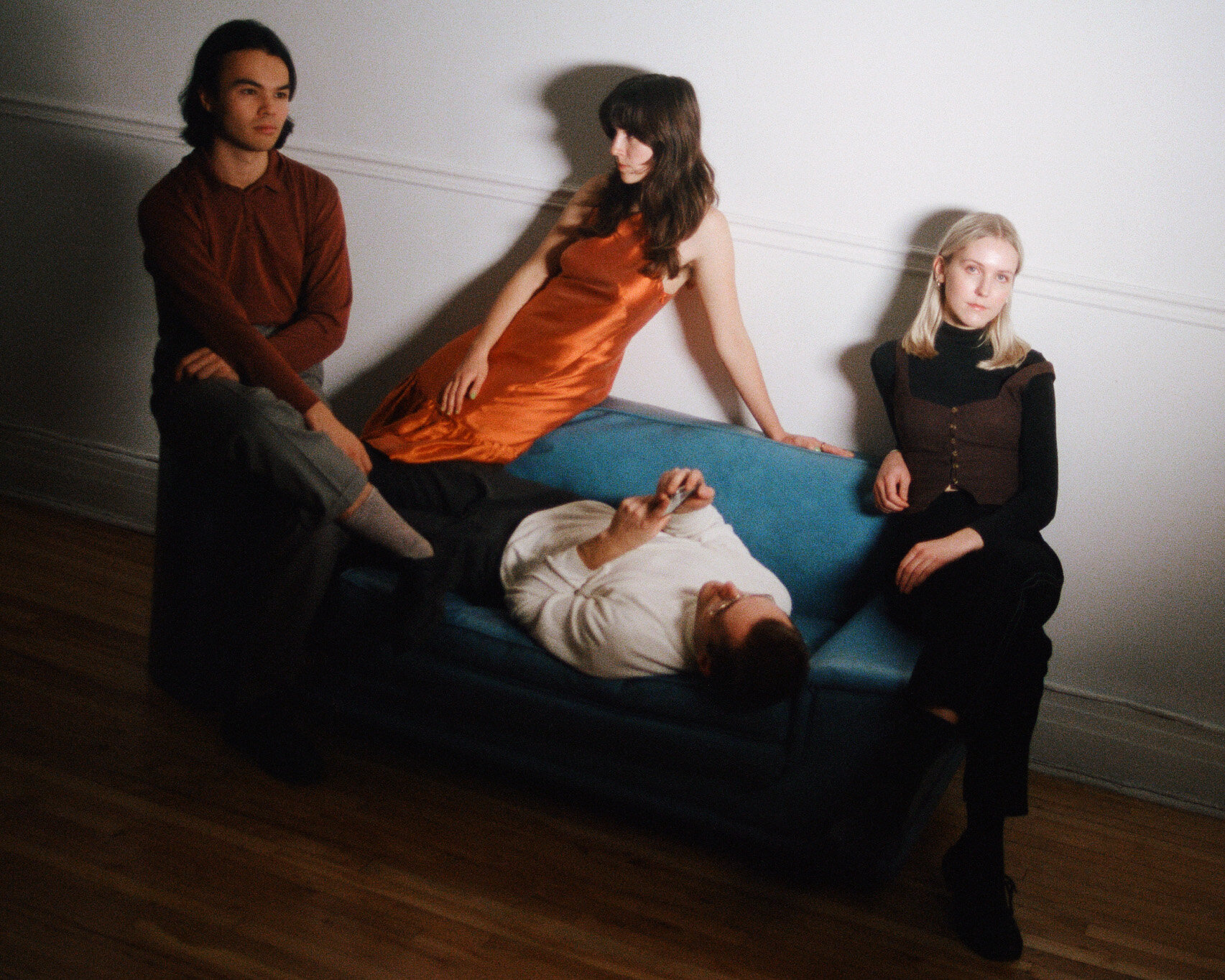If you haven’t already met her, Misao McGregor is a name you won’t forget. Based in Los Angeles, McGregor has an impressive resume. First, she is a member of PlayGround-LA’s Writers Pool Playrights Program for the 2020-2021 season and has had her works produced in major cities such as Connecticut, Seattle and her hometown of Los Angeles. Second, she is the founder of Sacrosanct, a digital community blog that aims to highlight and uplift the creative expression of queer, trans and non-binary BIPOC through community centered activism. Today, she adds to this list of achievements through the release of her debut album Kid In The Corner. Written, recorded, performed and produced by McGregor, Kid In The Corner exhibits her exceptional gift of storytelling, and in her own words: “seeks to provide a voice for those who feel marginalized and disenfranchised while also showcasing her unique and individual experience as a queer, non-binary, mixed-race human in this world.”
We were so excited to meet McGregor and learn about how this album, with roots in indie, pop and soul, has grown with her over the years as “an homage to the experiences that have shaped [her], both good and bad, and acts as an end to a chapter only to start anew.” Read our full interview with the 24 year old singer-songwriter below!
Zoë Argiropulos-Hunter for Also Cool: Hi Misao! Thank you so much for chatting with me. To start, congratulations on the release of Kid In The Corner! As you've said yourself, your album encapsulates all the experiences that have shaped who you are during your 24 years on this Earth. How did you conceptualize such a powerful work and see it through from start to finish? Did you have any inspirations guiding you along the way?
Misao McGregor: Thank you so much! I guess everything sort of came together in a narrative that served to illustrate my life’s experiences, particularly in the ways that I’ve grown over the last couple of years. All of the songs on the album were written within the last five years and represent different formative experiences within my life. So in terms of any kind of inspiration, I just decided to sit back and listen to what my body and my soul needed to hear. Music has always been a therapeutic tool for me and it’s allowed me to discover new insights into my subconscious. So taking a back seat and listening to what I needed in order to heal from certain experiences allowed me to be guided by the music, and ultimately presented itself through the making of the album.
Also Cool: Branching off of that, the album draws on your own experiences with marginalization and disenfranchisement: How have you maintained self care throughout creating such a vulnerable work? What advice would you give to other creatives using storytelling as a form of radical healing to mitigate anxiety, stress, burnout and so on?
MM: Oh, this is a great question! There were times when I really needed to step away from the work. There are a lot of moments in the album where I talk about my struggles with eating disorders, depression, and anxiety. At times, I didn’t want to face those things through music because I was already facing it in my everyday life. But at the same time, music has allowed me to validate my own feelings and express my struggles through a means of creation. If anything, viewing music as a tool rather than an artistic obligation allowed me to put the work down and walk away when I needed to.
I firmly believe in taking a breath of fresh air during the creative process to gain a better perspective, or just to clear your mind when you’ve been so entrenched in something artistic. I try to focus on my basic human needs in those moments, you know, making sure I’m eating, breathing, drinking water, meditating, doing yoga, etc. I often find that even taking a small break from the artistic process can actually help keep me grounded, so that when I do return to the work, I feel like I can approach it more authentically.
AC: Along with composing this album, you are also behind it's production - which is so amazing! Tell me, what was it like occupying both roles as artist and producer when realizing Kid In The Corner? Did the scenario impact your relationship with or feelings towards any of your songs?
MM: Woof, it was a ride! I’ve taken piano and voice lessons from a young age, but only within the last two years have I started to explore producing my own work. I actually found myself feeling like a fish out of water in that sense because I was entering new territory, but within the realm of music which has always been familiar to me.
In terms of being both the producer and the artist, those roles seemed to come fairly easily to me. I recorded this entire album in the back bedroom of my parents’ house completely on my own. While at times that felt isolating, it was also kind of my greatest fantasy to have complete creative control, but then if things went wrong, I only had myself to blame. If anything, knowing what I wanted the final sound to be like gave me a better idea of how to deliver the vocals while recording. I knew what elements I wanted to highlight, which also made mixing the record easier as well. I think with such a comprehensive understanding of each song, I actually managed to discover new themes and ideas. After listening to these songs on constant repeat for the last two years, I went through stages of feeling numb to the meaning of these songs, and then rediscovered how important they were, and are, to my personal development. As challenging as it was to wear several different hats in this process as artist, producer, mixing engineer, marketing and public relations, etc., it’s an experience I honestly wouldn’t trade for the world.
AC: Of course, COVID-19 hinders how we all interact with art at the moment... But how are you hoping to share this album with the world in person when it becomes possible? Do you have a vision for what your ideal performance would look like?
MM: I know, COVID has put a damper on pretty much everything in our lives. I’ve just been so lucky that my family and I have managed to stay healthy and safe throughout this entire period of time. But! I am excited to be facilitating a giveaway for two different digital booklets that I made to accompany the album: One standard edition with lyrics to each song, and another exclusive addition with accompanying personal essays and childhood photos. If I had an ideal performance in mind, I honestly think I would rely a lot on simply piano and voice. While producing my own work has been so much fun, my roots will always be just sitting at the piano and singing my heart out. I suppose my ideal performance for the album would take place in an intimate environment given the personal nature of the album, and would feature a lot of storytelling and meaningful interactions between myself and the audience.

